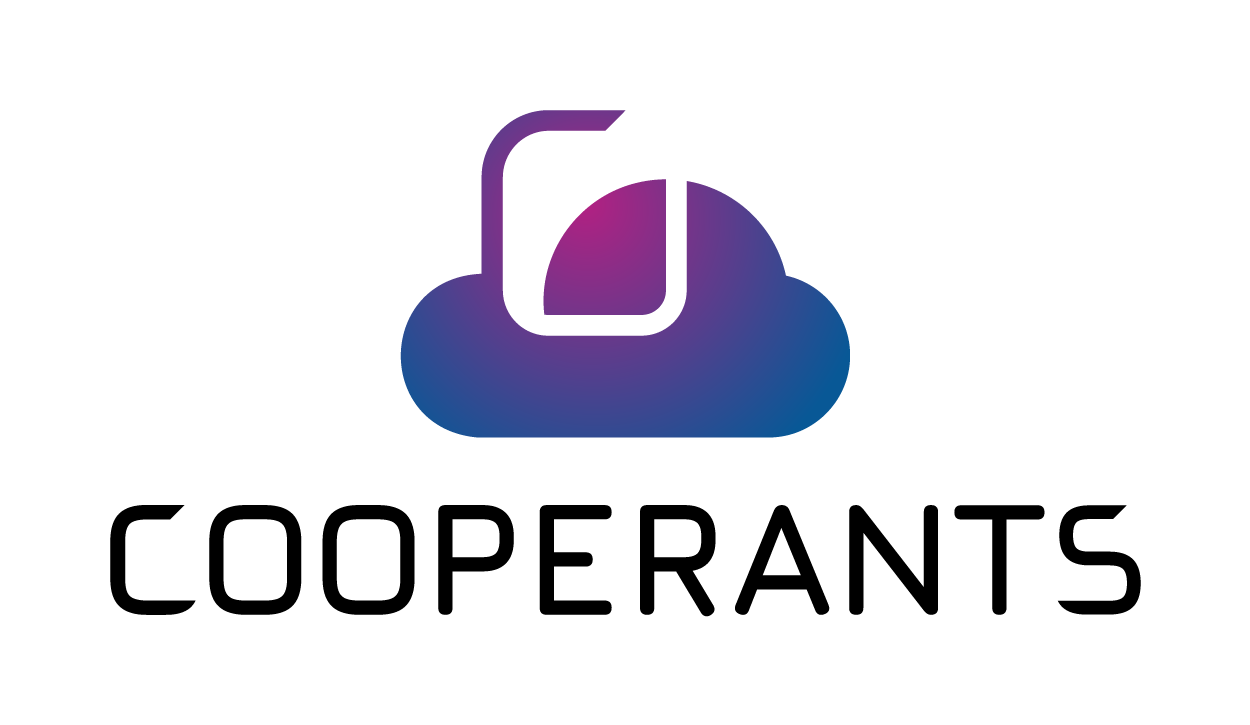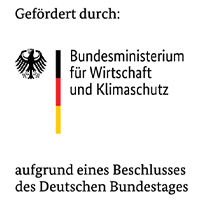On March 3rd and 4th, 2025, experts from the aerospace industry gathered at the Airbus site in Bremen for the Perspective Forum of the COOPERANTS consortium. Amidst engaging discussions and hands-on applications, participants experienced firsthand how the Gaia-X lighthouse project contributes to developing a connected and secure data infrastructure within the industry.
Inspiring presentations, panels and keynotes provided valuable insights into the potential of digital data spaces and their impact on collaboration within the sector. Particularly impressive were the live demonstrations showcasing concrete solutions and innovative applications from the COOPERANTS project.
The event not only offered a deep dive into technological advancements but also numerous networking opportunities. In a relaxed atmosphere, professionals exchanged ideas about promising business models and new technologies. A highlight of the first day was the evening event at the historic Bremen Hall of Bremen Airport – an exclusive opportunity to discuss the digital transformation in aerospace in a social setting and establish new contacts.
Day 1 – Insights into COOPERANTS Project and Gaia-X
Dr. Lars Hansen, Head of the Airbus site in Bremen, opened the event with a welcome speech emphasizing the significance of sovereign data space solutions. He highlighted that Airbus, as the first customer, will benefit from these technologies as they address real challenges in document exchange and handling sensitive and confidential information. Following this, Prof. Dr. Andreas Rittberger, Scientific Director of the German Aerospace Center (DLR) – Institute of Space Systems, underscored the remarkable progress of innovation over the past four decades and how decentralized and networked work via the internet has revolutionized this development.


After the official welcome, the forum began with in-depth insights into the Gaia-X lighthouse project COOPERANTS. Several expert presentations explored the potential of digital data spaces for the aerospace sector. Particularly impressive was the live demonstration of the marketplace, illustrating how companies can collaborate more efficiently through secure data spaces.



Another highlight was the panel discussion titled “Quo Vadis Data Space Services: Experiences, Business Cases, and Their Impact on the Industry,” moderated by Siegfried Monser, State Coordinator for Aerospace Bremen. In this discussion, experts from various companies shared their experiences on how data-driven services will sustainably transform aerospace. They referred to concrete examples, some developed within the COOPERANTS project, and addressed key topics such as insights from the pilot phase, integration of data space services into existing processes, and their potential for the future.

During networking breaks, participants had the opportunity to exchange ideas with experts and explore innovative solutions and applications of Advanced Smart Services in the accompanying exhibition, with exciting demonstrations of these services.



Roland Fadrany, COO of Gaia-X AISBL, concluded the day with a keynote on the vision, challenges, and strategic initiatives of Gaia-X. He also discussed the progress in developing a secure and sovereign European cloud infrastructure, particularly in light of the current geopolitical situation, which underscores the need for a resilient and independent cloud infrastructure.

Evening Event – i2b Meet-up: “Mission DataSpace” – Digital Revolution in Aerospace
A special highlight of the first day was the evening i2b meet-up titled “Mission DataSpace: Digital Revolution in Aerospace.” This exclusive event, organized in collaboration with the COOPERANTS consortium, i2b – idea to business, and the Gaia-X Hub Germany, provided exciting insights into the importance of the data space economy for the aerospace sector.
Under the motto “Data is the new oil,” leading experts discussed how digital data spaces can revolutionize the industry. After an opening speech by Kristina Vogt, Senator for Economic Affairs, Ports, and Transformation of the Free Hanseatic City of Bremen, who emphasized digital transformation as a key enabler for innovation and new business models, Daniel Riedel, Head of the Aviation Department at BMWK, followed. He agreed with the Senator’s remarks and further emphasized the relevance of a project like COOPERANTS for the aerospace sector. Elsa Winterhalter from Gaia-X Hub Germany then delivered a keynote on the importance of Gaia-X for aerospace. Finally, Hauke Ernst from presented the COOPERANTS project as a pioneering initiative for the industry.
A central element of the evening was the panel discussion “Data Space Economy in Aerospace – The Future of Collaboration: Challenges, Opportunities, and New Business Models,” moderated by Lars Reckermann (ZGO Zeitungsgruppe Ostfriesland). The panelists – including Götz Anspach von Broecker (Airbus), Dr. Caroline Lange (DLR), and Christian Schumacher (OHB SE) – examined the potential of digitalization and its impact on the industry. The discussion particularly focused on data security and the development of corresponding business models. A key point was the value of platforms like COOPERANTS, which enable small and medium-sized enterprises (SMEs) to interact on equal footing with major players (OEMs). These platforms provide SMEs with the opportunity to contribute their innovative strength and benefit from collaboration with large companies, fostering a more equitable and collaborative industry environment.
With a preview of the future development of digital transformation, presented by Arno Scheidereiter (neusta aerospace GmbH), and extensive networking opportunities, the event offered a unique chance for interdisciplinary exchange.









Day 2 – Governance, Pilot Projects, and the Future of Digitalization
The second day focused on governance aspects of data spaces and provided practical insights into pilot projects along the supply chain. In lightning talks and a subsequent panel discussion, key questions regarding decentralized governance, security concepts, and operational organization of data spaces were discussed.
A major focus of the panel was relevant legislation shaping the framework for the development and use of data spaces. Key EU regulations, such as the Data Act, the AI Act, and the Digital Services Act, were discussed. The conversation revolved around how these regulations impact companies, particularly regarding data usage, compliance requirements, and the secure exchange of sensitive information within digital ecosystems. Experts highlighted the challenges and opportunities these regulations present and how companies can proactively adapt to remain competitive.

Following this, exciting live demonstrations of selected services took place, with a particular focus on HOLOWORK within the Calisto pilot project. This service uses Augmented Reality (AR) to provide step-by-step 3D work instructions for cleanroom procedures. The demonstration impressively showcased how two individuals at different locations can work with the same digital instructions – one of them from the Digital Cleanroom at DLR.
Additionally, the pilot projects Climate Watch and Pilot Athena were highlighted, showcasing several exciting services developed within the COOPERANTS framework. These demonstrations illustrated the benefits of digital technologies across the entire value chain, including Agile Manufacturing Support, Customer Prim Collaboration, Functional Digital Twin, and Prime Supplier Collaboration.

Finally, representatives from research institutions and ESA assessed the future and applicability of the COOPERANTS initiative, concluding that a data space economy is essential for the sustainable and efficient use of data in aerospace and other industries. Dr. Lange then provided a brief outlook on the COOPERANTS project, emphasizing the next step towards operationalization.



Conclusion
The Perspective Forum of the COOPERANTS consortium in Bremen provided an essential platform for discussing digital transformation in aerospace. Experts from academia and industry explored the future of digital data spaces and their impact on collaboration within the sector. The event highlighted not only technological advancements but also the necessity of developing a sustainable and efficient data space economy as a foundation for future industry developments. Additionally, the event offered numerous networking opportunities and fostered an interdisciplinary dialogue paving the way for the operationalization of the COOPERANTS project.





